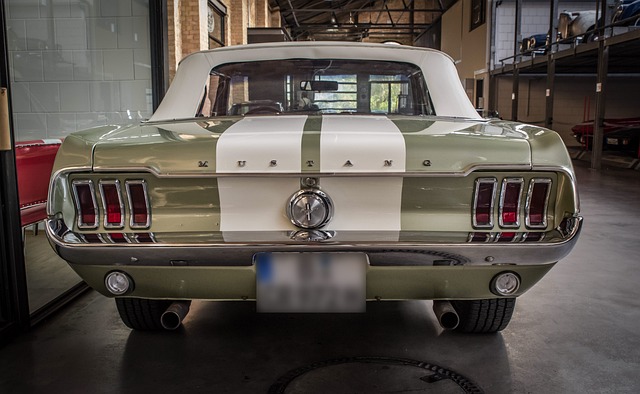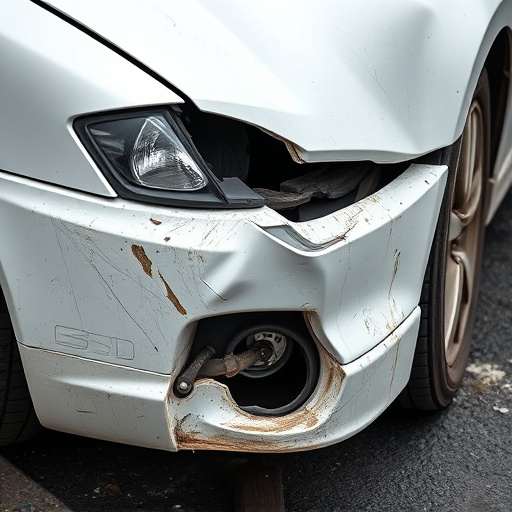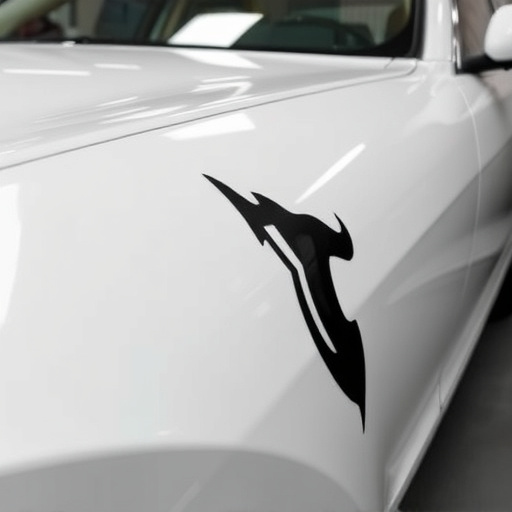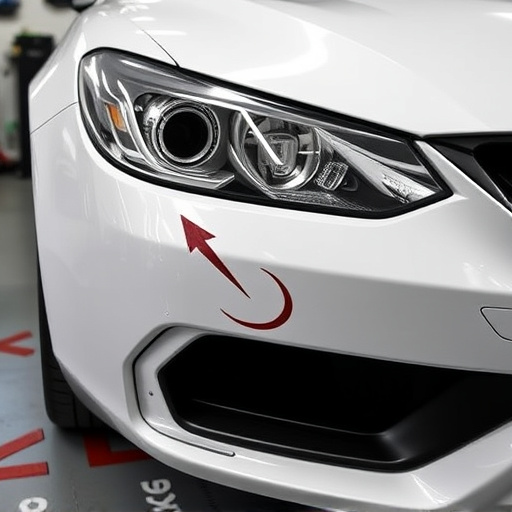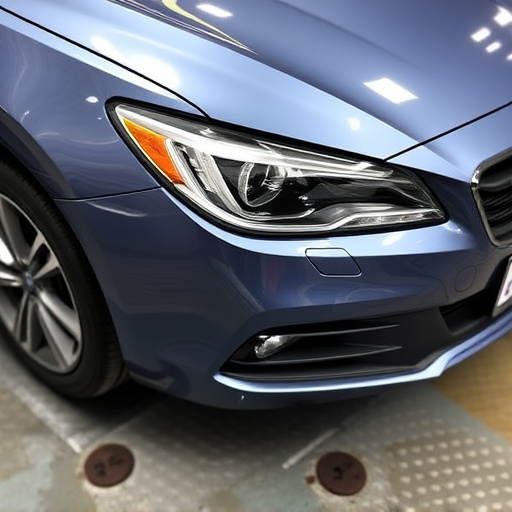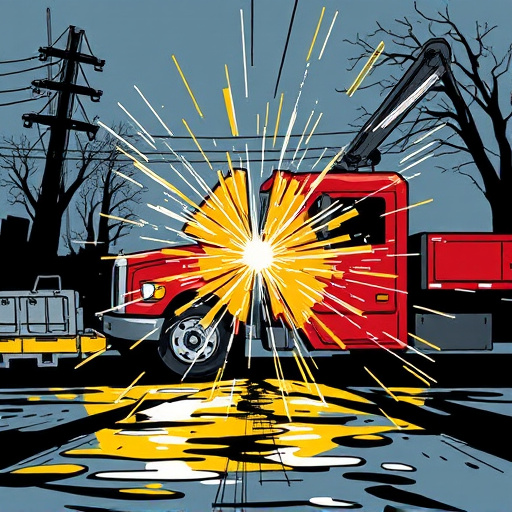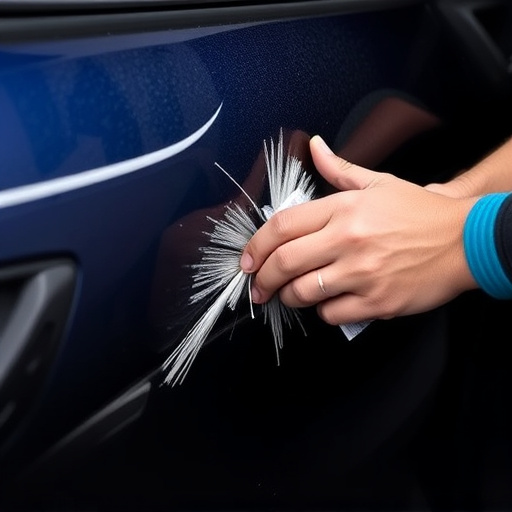Customer Safety Assurance is vital for gaining and retaining client trust in industries like auto body services, where advanced equipment, high-quality materials, and meticulously trained staff prevent damage, foster trust, and build brand loyalty. Prioritizing customer well-being through comprehensive safety protocols, precise technologies, and dynamic KPIs leads to repeat business, positive referrals, and long-term success, emphasizing the multi-faceted approach to effective customer safety assurance.
Customer safety assurance is a vital pillar in building robust relationships with clients. In today’s competitive market, it’s more than just a responsibility; it’s a strategic tool to foster trust and loyalty. This article delves into the significance of customer safety assurance, exploring how it serves as the cornerstone for long-lasting brand loyalty. We’ll uncover its impact on enhancing customer retention, providing insights into implementing and measuring effective strategies. Understanding these key aspects is essential for businesses aiming to thrive in a competitive landscape.
- Understanding Customer Safety Assurance: The Cornerstone of Trust
- The Impact on Enhancing Customer Loyalty: Building Lasting Relationships
- Strategies to Implement and Measure Effective Customer Safety Assurance
Understanding Customer Safety Assurance: The Cornerstone of Trust
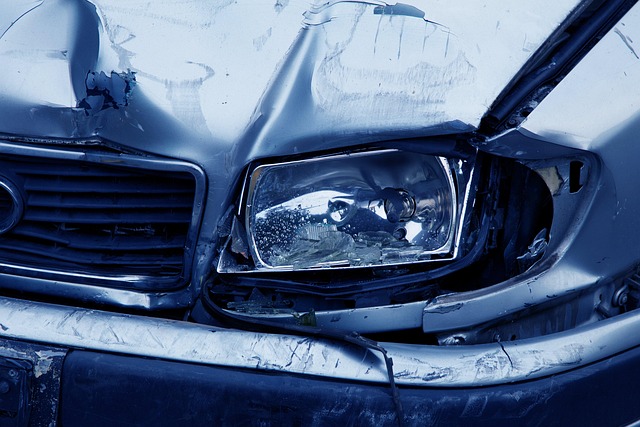
Customer Safety Assurance is the bedrock upon which lasting trust between businesses and their clients is built. It encompasses every touchpoint within a brand’s ecosystem—from product design to service delivery—ensuring customer well-being as the paramount concern. This proactive approach goes beyond legal compliance, aiming to anticipate and mitigate risks, ensuring customers feel secure and valued throughout their interaction with the company.
In the context of services like auto body painting, vehicle restoration, and vehicle dent repair, customer safety assurance becomes even more critical. It means employing state-of-the-art equipment and utilizing only high-quality materials to prevent secondary damage during repairs. It involves meticulous training for staff to handle vehicles with precision and care. By prioritizing safety, these measures foster a culture of trust, assuring customers that their investment—their vehicle—is in capable hands, leading directly to enhanced brand loyalty.
The Impact on Enhancing Customer Loyalty: Building Lasting Relationships
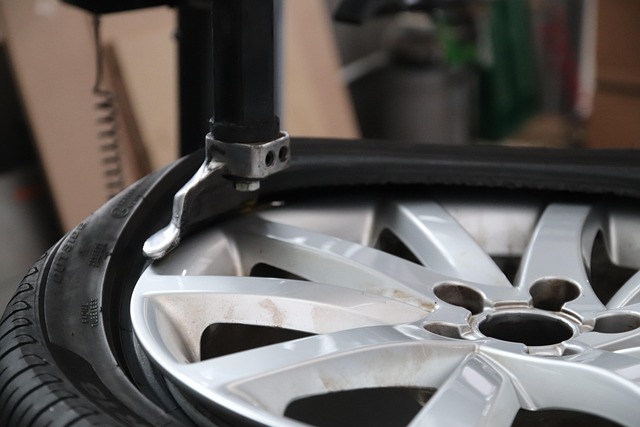
Customer safety assurance plays a pivotal role in fostering enduring relationships with your clientele. When businesses prioritize customer safety, they demonstrate a commitment to going above and beyond typical service expectations, creating a loyal customer base. This loyalty is built on trust—the knowledge that their well-being, and in this context, their vehicles, are in capable hands.
A seamless process for car damage repair, including efficient collision repair services and meticulous car body restoration, is a tangible representation of customer safety assurance. By offering these services, businesses not only fix physical damage but also restore peace of mind to their customers. This level of care fosters a sense of loyalty, encouraging repeat business and positive word-of-mouth referrals, ultimately driving long-term success for the enterprise.
Strategies to Implement and Measure Effective Customer Safety Assurance

Implementing effective customer safety assurance strategies involves a multifaceted approach. Firstly, businesses should invest in comprehensive training for their staff to ensure they understand and adhere to strict safety protocols. This includes regular updates on industry standards and best practices, especially in areas like vehicle repair and auto collision repair, where precision and safety are paramount. Secondly, integrating advanced technologies can significantly enhance safety measures. For instance, utilizing specialized tools designed for accurate measurements and precision work reduces errors and improves outcomes in tasks such as vehicle body repair.
Measuring the success of these strategies is equally crucial. Key performance indicators (KPIs) should be established to track customer satisfaction ratings, incident rates, and the timeliness of safety protocols’ implementation. Regular feedback mechanisms can help identify areas for improvement, whether it’s refining existing processes or adopting new technologies in vehicle repair and other services. This data-driven approach ensures that customer safety assurance remains a dynamic and adaptive process tailored to evolving needs and industry advancements.
Customer safety assurance is not just a best practice—it’s a foundation for fostering trust and loyalty. By prioritizing and effectively implementing strategies that enhance customer safety, businesses can create lasting relationships built on confidence and peace of mind. This article has explored how understanding, measuring, and consistently delivering on customer safety assurance can revolutionize customer experiences, setting the stage for continued success and growth in an increasingly competitive market.
